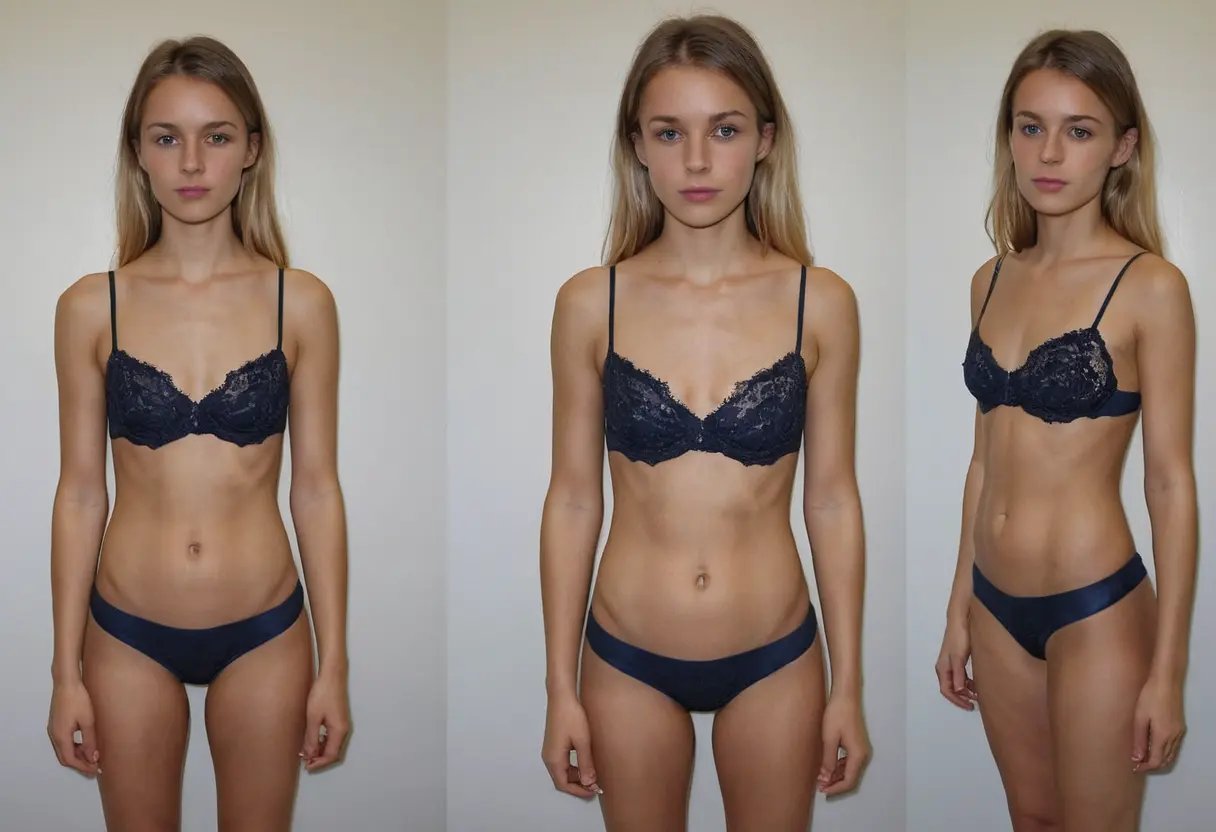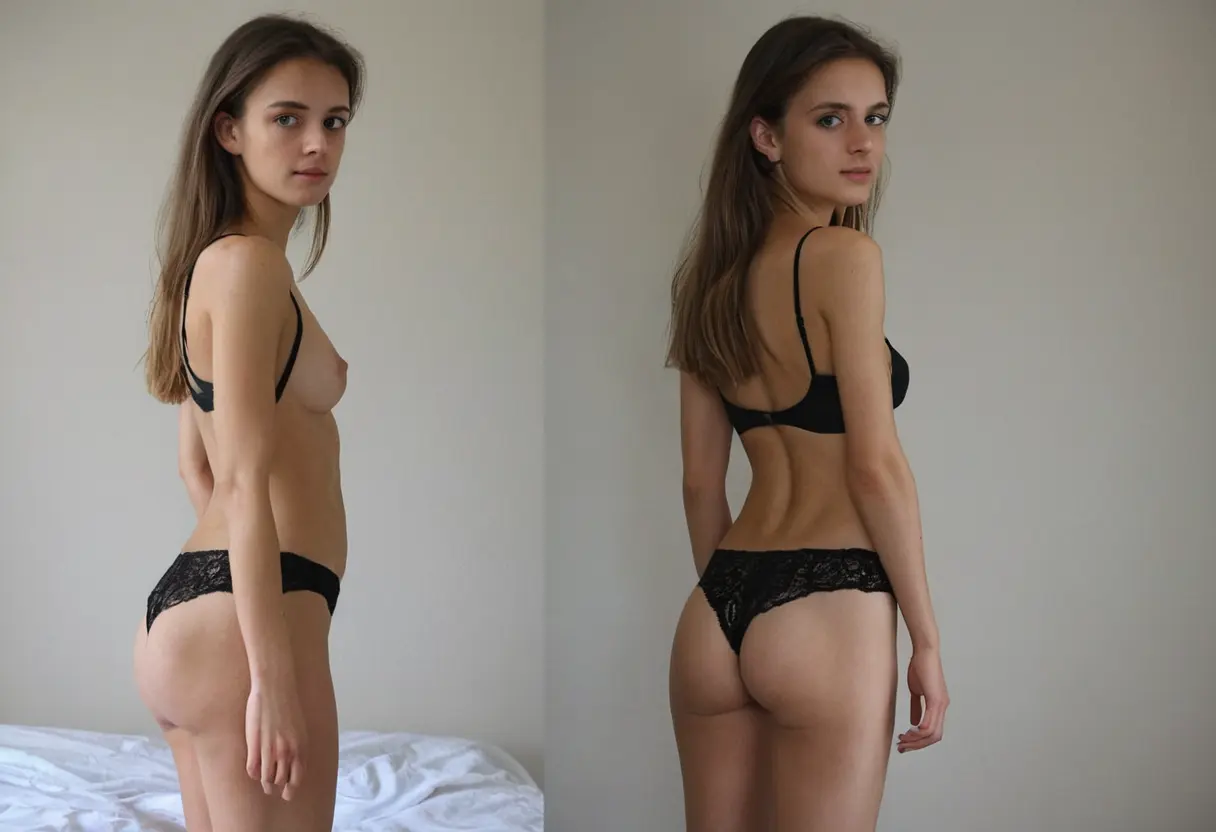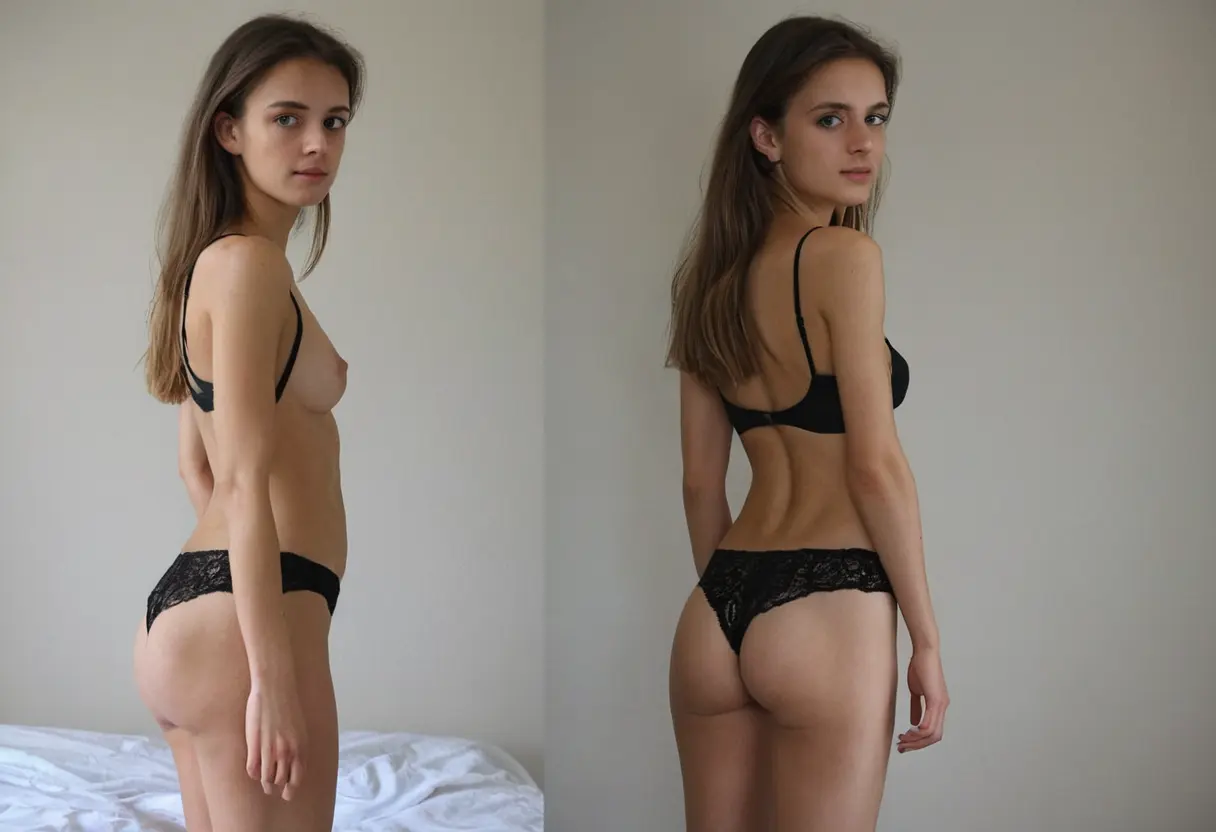
```html
As technology continues to evolve, artificial intelligence (AI) is making waves in various sectors, from healthcare to entertainment. One of the more controversial but intriguing applications of AI is in digital experiences that involve body and fashion manipulation. AI-powered undressing apps have gained popularity for their ability to create realistic images, enhancing digital experiences for fashion designers, artists, and even casual users. These apps typically utilize deep learning algorithms to generate realistic transformations of images, removing or altering clothing from individuals in photos. In this article, we will explore the best AI-powered undressing apps that provide enhanced digital experiences. We’ll dive into how they work, their features, and their potential uses in different industries.
AI-powered undressing apps rely on advanced machine learning techniques, particularly neural networks and generative adversarial networks (GANs), to manipulate images. These apps use large datasets of images and human body models to understand and recreate how clothing looks when removed or altered. The process typically involves training the AI on thousands of images to recognize patterns and generate photorealistic results. Users upload an image, and the app processes it to remove or adjust clothing in a manner that mimics the appearance of an undressed model.

The AI then uses algorithms to reconstruct the model's body underneath the clothing, which may include filling in the details where the clothing was originally, and ensuring the result appears as natural as possible. Some apps even allow for adjustments, such as changing the style or appearance of the body, creating a fully customizable experience. While these apps can be used for various purposes, including art and fashion modeling, they have sparked ethical concerns surrounding privacy and consent.

There are several AI-powered undressing apps that have emerged in recent years, offering various features for different user needs. Below are some of the most popular apps in the market:

While AI-powered undressing apps may seem fascinating, they raise significant ethical concerns. The ability to alter images in such a realistic manner can lead to potential misuse, particularly when individuals' consent is not obtained. For example, people could use these apps to create fake images of others, which could be damaging in terms of personal privacy and reputation. This has led to a growing demand for regulations to prevent the unauthorized use of AI technology in manipulating personal images.
In addition, the creation of undressed images could www.undressaitool.com/further perpetuate unrealistic beauty standards or sexual objectification. As AI technology becomes more accessible, it’s essential that developers and users alike are aware of these ethical issues and work towards responsible usage. Many AI undressing apps are facing increasing scrutiny from both the public and authorities, which has led to the discontinuation of some services, like DeepNude.
Despite the ethical concerns, AI undressing apps hold substantial potential in industries like fashion, modeling, and entertainment. Fashion designers can use these apps to experiment with clothing designs without the need for physical prototypes. By digitally removing or altering clothing on models, designers can see how their garments might look without having to produce them in real life, reducing both time and costs.
In the entertainment industry, AI undressing apps can help filmmakers and animators create special effects without the need for extensive makeup or post-production work. They can use AI to generate lifelike images of characters in different scenarios, making it easier to visualize and create complex scenes. Additionally, AI-powered apps are becoming popular tools for digital art creators who wish to explore body representation and design in new ways.
AI-powered undressing apps have undoubtedly revolutionized the way we think about image manipulation and digital design. From fashion to entertainment, these apps provide exciting opportunities for creative professionals to experiment and innovate. However, as with any emerging technology, they also come with a host of ethical and privacy challenges that need to be addressed. As AI technology continues to advance, it's crucial that developers, regulators, and users collaborate to ensure responsible and ethical use of these tools. In the future, we can expect even more sophisticated and varied applications of AI in the digital realm, transforming industries while navigating the complexities of privacy, consent, and artistic expression.
```